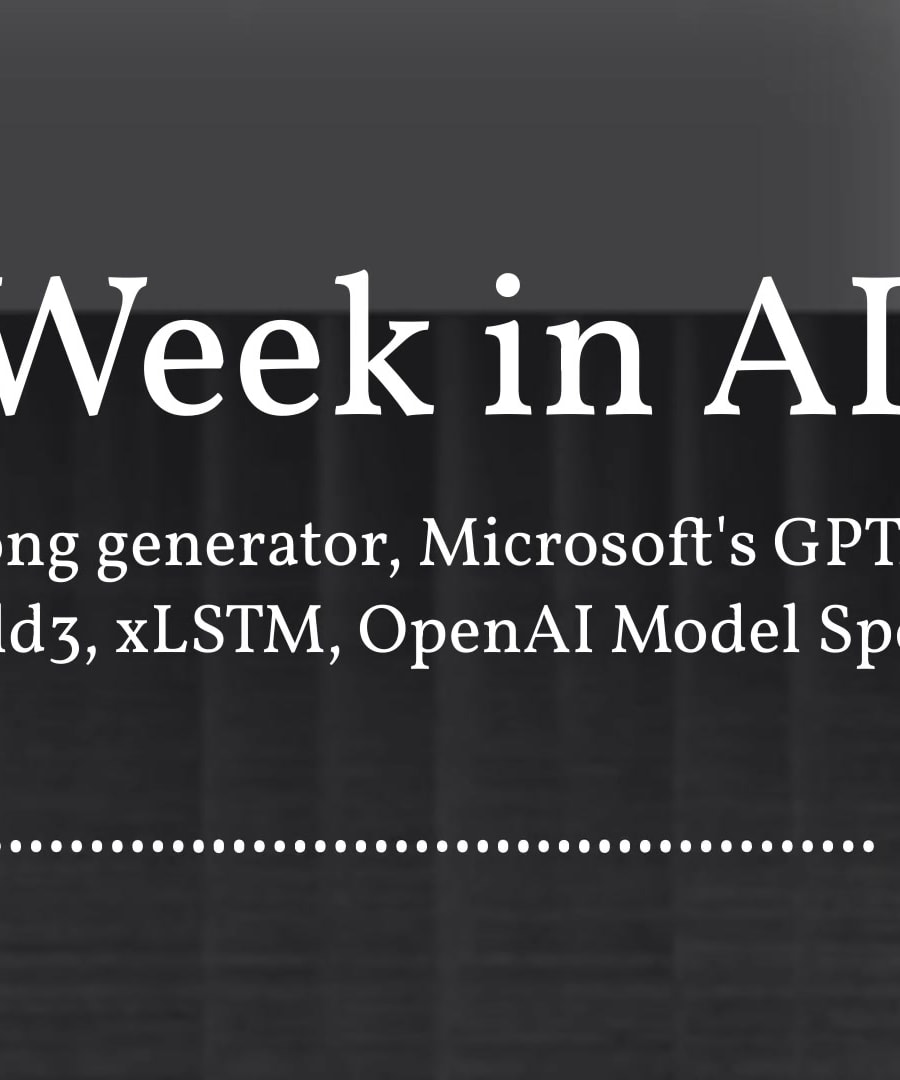Open AI models
Sources:
Experts have discussed OpenAI's models in various podcasts, covering their specifications, capabilities, and implications. Here are some insights:
-
Model Spec and Framework:
- OpenAI's "model spec" outlines ethical principles for AI behavior, aiming to assist users, benefit humanity, and reflect positively on OpenAI. The spec includes rules on privacy protection, legal compliance, and avoiding harmful content. It's partly inspired by past PR issues, such as those faced by Google 1 2.
-
Recent Technologies:
- OpenAI's new video model, Sora, has impressed many with its realism and potential for AGI (Artificial General Intelligence). Sora uses visual patches similar to text tokens in language models to simulate the physical world 3.
-
Challenges and Flexibility:
- Managing diverse user expectations and opinions is challenging for AI models. OpenAI's model spec seeks to address this by transparently detailing its guidelines and obtaining public feedback. However, balancing these aspects remains complex 4.
-
Training and Development:
- Training AI models involves heavy data curation and integration with libraries for efficiency. Open-source models often replicate this process, using outputs from models like GPT-4 5.
-
Comparative Capabilities:
- GPT-4 has been a significant benchmark for AI capabilities. While new models like Google's Gemini may surpass GPT-4, the advancements are incremental rather than revolutionary, pointing to ongoing improvement rather than a leap to AGI 6.
These discussions highlight OpenAI's efforts to ethically guide AI behavior, innovate with new technologies, and manage technical and societal challenges in AI development.
RELATED QUESTIONS-



